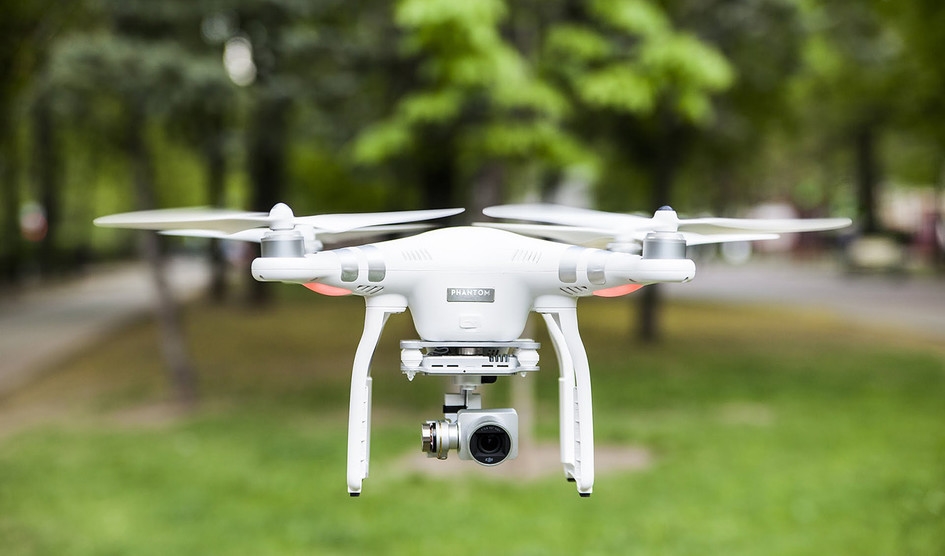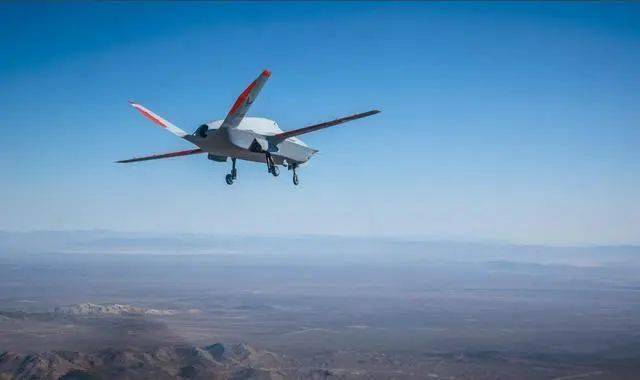Sure, let me craft that for you.
Drones have become an integral part of modern society, offering benefits from breathtaking aerial photography to efficient deliveries. With their increasing popularity, however, concerns about privacy and safety have also risen. One question that surfaces when discussing drones is: Can you shoot down a drone? This article aims to explore the legal aspects and methods of drone defense, ensuring you stay informed about your rights and options.
Legal Implications
Shooting down a drone poses significant legal challenges. It is important to understand that drones are legally classified as aircraft, and destroying or interfering with an aircraft is a federal offense in many regions. The Federal Aviation Administration (FAA) regulates drone use in the United States and prohibits the unauthorized disabling of drones, which could result in hefty fines or even imprisonment.
Understanding Airspace Rights
Your rights regarding airspace are limited. While you own your property, the air above it is considered navigable airspace governed by the FAA. This means that drone operators might legally fly above your land if they are within FAA guidelines, leaving homeowners with few options for physical intervention.
The Consequences of Taking Physical Action
For those considering shooting down a drone, it’s crucial to recognize the legal avenues available. Since drones are subject to aviation laws, damaging one could lead to severe penalties. In addition to federal laws, state laws may impose additional regulations, and civil lawsuits by the drone owner could follow.
Legal Alternatives and Defense Strategies
Rather than resorting to violence or illegal measures, consider alternative solutions:
- Communication: Often, addressing concerns with the drone operator might resolve issues amicably.
- Law Enforcement: If a drone poses a threat or invades privacy, contacting local law enforcement is a legal option.
- Geofencing Technology: Certain applications can define virtual boundaries that can prevent drones from flying over specified areas.

Technological Countermeasures
Apart from legal actions, technological advancements offer ways to counteract drones. Systems that use frequency jamming or signal interference can effectively prevent drones from entering unauthorized airspace. These systems, however, must comply with legal standards to avoid repercussions.
FAQs on Drone Defense
Can I Use a Jammer to Disable a Drone?
No, using a jammer falls under FCC regulations and is illegal without proper authorization. Most countries have strict policies against signal jamming due to the risks involved.
What Should I Do If a Drone Invades My Privacy?
Document the incident and contact local law enforcement. They can handle the situation within legal frameworks while considering privacy rights.
Are There Devices That Can Legally Protect My Property from Drones?
Yes, devices like anti-drone radar systems can detect and alert homeowners of unauthorized drone activities. These systems offer legal monitoring solutions without physical confrontation.

Drones present fascinating opportunities yet pose unique challenges when misused. Understanding the legalities surrounding drone defense will help you make informed decisions and avoid legal troubles.